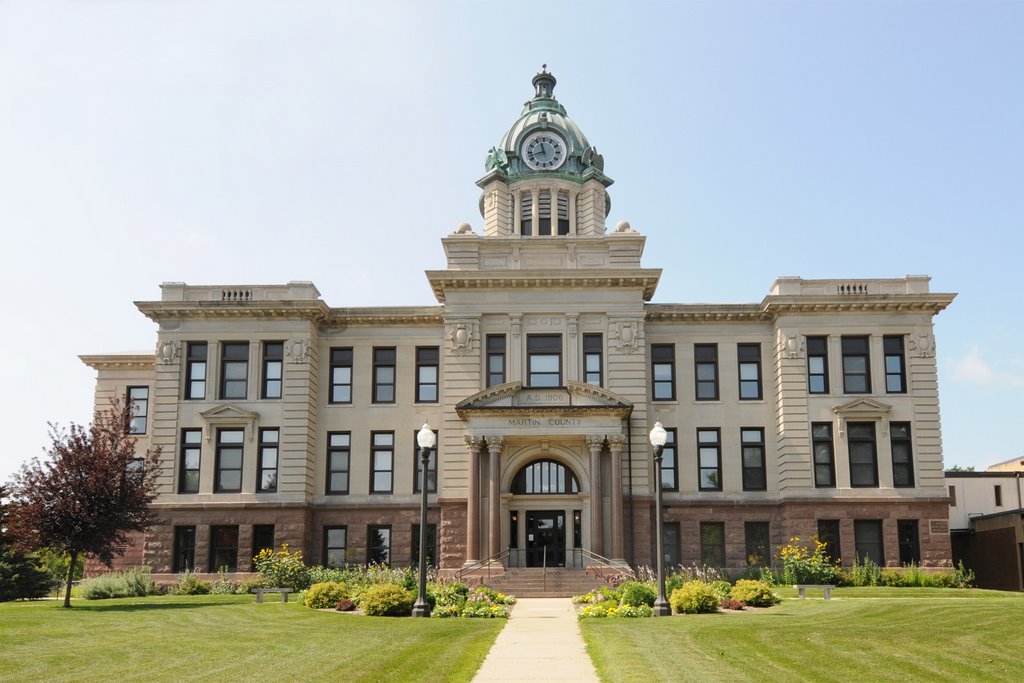A “Salty” Martin County Pioneer known as Colonel
Throughout the course of Martin County’s early history there were many individuals that have proven significant and became quite well known. Some of those include William Budd, Sam Carver, E. Banks Hall, Harry Serle, Lorraine Swearingen, Henry Martin, and many others as well. However, there are also those that impacted the development of the county but did not become as well known or remembered. One of those lesser recognized individuals included “Colonel” J. A. Everett. He was a “colorful” individual that made his mark on the history of Martin County in his own unique manner.
“Colonel” James Andrew Everett, his demeanor often described as “Salty,” is noted as a prominent Martin County pioneer; however, little can be found about him in the archives of the Pioneer Museum. Nevertheless, what can be found paints a picture of a decisive, impetuous, radical individual with an adamant devotion to his country who left his mark on Martin County in its early formative years.
Everett served in the Civil War enlisting when he was eighteen years old. His leadership qualities earned him an officer’s commission. However, prior to receiving that commission, he had a few bumps along the way. He was promoted to corporal twice, and twice reduced in rank to private. Following that, he was promoted to sergeant, and then reduced in rank again. Then he was promoted again to sergeant, next to first lieutenant, and finally promoted to the rank of captain, all in the short period of three weeks. Ironically, on the day that he was promoted to Captain, he suffered wounds that would haunt him for the rest of his life during the battle that took place at Charleston, West Virginia. How he became referred to as “Colonel” was not documented in his military records. Those experiences appear to reflect his character and how it may have shaped his future endeavors.
“Colonel” J. A. Everett arrived in Martin County in 1869 and farmed in Manyaska Township. He was instrumental in organizing the township and also served on the town board as clerk. He later moved to Fairmont and was involved in a number of activities including various civic duties. At one time he was elected justice of the peace, he served as city treasurer of Fairmont, he was commander of the Phil Kearny Post of the GAR, and he held the position of clerk of the Fairmont School Board. Beyond his local service, he was elected to one term in the Minnesota Legislature, he served as state commander of the GAR in 1911, and he was on the board of trustees of the Minnesota State Soldiers Home. In addition to these accomplishments, he was appointed by the Governor of Minnesota as deputy oil inspector for Martin County and he was also the newspaper editor for the Fairmont News for eight years.
Everett was characterized as “salty,” staunch, uncompromising, never “on the fence,” radical, intense, loyal and patriotic. He was depicted as one of those “characters” that you will never forget. His obituary in the March 19, 1919, edition of the Sentinel concluded that as a result of his “outspoken radicalism, Mr. Everett never occupied public positions commensurate with his abilities but he nevertheless performed important service by his public utterances.” In spite his uncompromising nature, his obituary further stated that as a result of those previously mentioned traits, he will nevertheless be missed by all of Fairmont and Martin County.
“Colonel” J. A. Everett’s legacy does not take up a great deal of space in the archives of the Pioneer Museum, however, it is apparent that he made an impact on Martin County during the time in which he was a resident. Consequently, his efforts were appreciated, and his “salty” persona undoubtedly provided for some lively discussions among Martin County residents during that era of our local history.
For more information on this topic, or to become a member, visit the Pioneer Museum in Fairmont or its website at www.fairmont.org/mchs.













